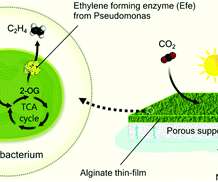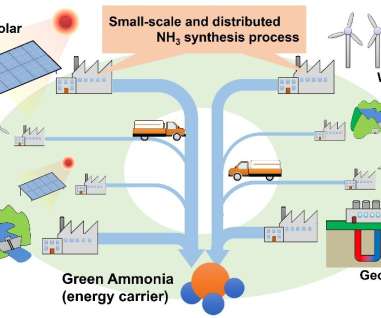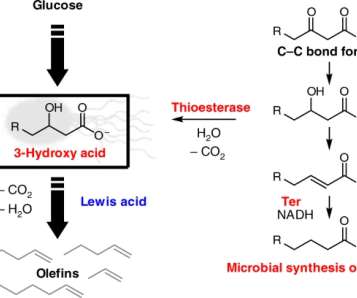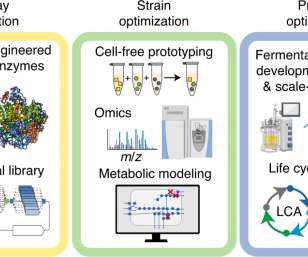Study finds shifts to renewable energy can drive up energy poverty
Green Car Congress
JULY 13, 2019
Efforts to shift away from fossil fuels and replace oil and coal with renewable energy sources can help reduce carbon emissions but do so at the expense of increased inequality, according to a new study by researchers at Portland State University (PSU) and Vanderbilt University. —Julius McGee. —Julius McGee.










































Let's personalize your content